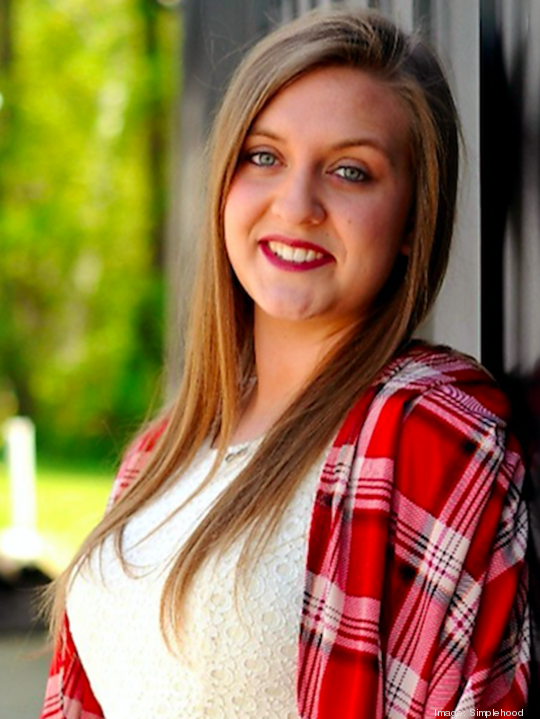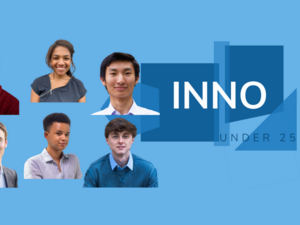
While there have been plenty of innovations in the modern era of baby care, one area that still lags behind is breast milk storage.
New mothers breastfeeding their newborn babies often must pump milk into a bottle, transfer that milk into a plastic bag to store it, then transfer the milk again into a different bag when their baby is ready to feed. Plastic bags also leak, so many parents are forced to double- or triple-bag their milk, which isn’t exactly environmentally friendly.
Two Ph.D students at Brown University think they have developed a better way. Dana Biechele-Speziale and Selahaddin Gumus have founded a new company called Simplehood, originally launched as SiliStor. The startup is behind a breast milk storage system that utilizes reusable silicone bottles, which can attach directly to a breast pump and feeding nipple, eliminating the need for milk transfers.
Simplehood also plans to include a storage unit that ensures the oldest breast milk is easily accessible first.
“My co-founder and I were talking with a friend who is a mom and she was telling us about some issues she had with breast milk storage. Initially, we tried to find products to accommodate her concerns,” said Biechele-Speziale. “But what’s currently on the market is basically a six-ounce Ziploc bag.”
Not only was Biechele-Speziale’s friend opposed to using so much plastic, but she also had concerns about potential health effects associated with heating up the milk inside plastic. By using FDA-approved silicone instead, Simplehood avoids the issue of leaching chemicals altogether.
On their journey, Biechele-Speziale and Gumus first tried to find solutions online and experimented with glass mason jars to store the breast milk. However, after none of those idea worked, the two came to realize that the problem might be more widespread than they initially thought.
They spoke to more than 100 stakeholders, including new moms, lactation consultants and other health care professionals to identify the key problems. Then, Biechele-Speziale and Gumus began to design and develop a solution.
The two began by 3D printing a prototype. They then used a casting mechanism to make a rough model before making a professional one with a manufacturing company that specializes in injection molding.
Simplehood is now in the process of securing design patents and has been working with new moms along the way to help refine the product. The startup graduated from Brown's B-Lab accelerator last year and recently won a $500 grant from Haley Hoffman Smith's Her Big Idea Fund, which is designed to help women entrepreneurs overcome financial barriers. Hoffman Smith will also offer SiliStor a year of mentorship as it gets off the ground.
Biechele-Speziale said the average new mother goes through 1,500 plastic bags per baby per year, meaning Simplehood has the potential to eliminate 13 billion plastic bags used for breast milk storage every year in the U.S., Canada and Europe, the company’s target markets.
Simplehood plans to do some more prototyping, focus groups and testing in the coming months, with the goal of launching in the fall of this year.
Biechele-Speziale said the company might do some sort of Kickstarter or Indiegogo campaign to raise a little bit of capital for early production. She added that the company hopes to fund with revenue for a while before trying to raise money from angel investors or venture capital firms.
In the beginning, the company will look to sell online directly to consumers, as well as to breast milk storage banks and hospitals. Biechele-Speziale eventually wants to get the product into big box retailers like Target and Buy Buy Baby.
Although that could be a little ways down the road, Biechele-Speziale feels that Simplehood has real potential to benefit the company’s target market.
“The system is basically 100% designed by these moms, so we know we are designing something we know they want, that they’ll use and that’s going to be convenient for them,” she said.
Bram Berkowitz is a contributing writer for Rhode Island Inno.





